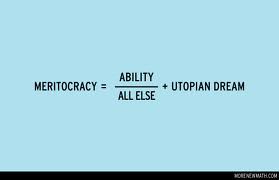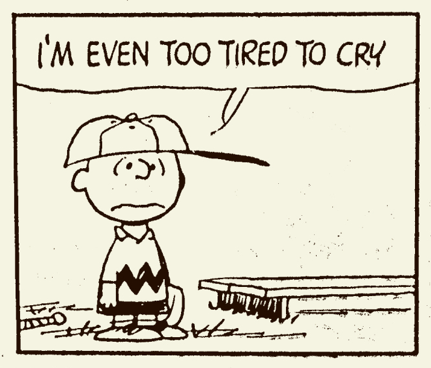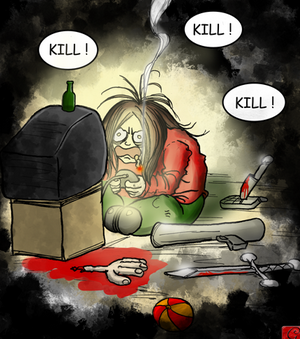We spend a lot of time justifying the work that we with games by looking at them not only as educational, but as cultural artifacts. Unfortunately, there are times when games show us a side of ourselves as a society that we might not want to see or want others to see. A new study out of Ohio State University is suggesting that playing aggressive, Black characters in video games might make people who already have a tendency towards racism more racist.
 This is something that some of us have suspected for some time. We talked about it here at NYMG when the latest installment of Grand Theft Auto was released last year. While I was excited about the spectacle of the game and was made nostalgic for both the Blaxploitation films of the 1970s and the Neo-Black Power films of the 1990s I quickly came to realize that while I may be seeing the game as satire, that it could easily be read as an accurate depiction of Black life in America. I thought about the fact that many folks (especially those in small towns like the one that I live in) could/would easily believe that Franklin was the epitome of the Black man. That is the moment when the game became all too problematic for me.
This is something that some of us have suspected for some time. We talked about it here at NYMG when the latest installment of Grand Theft Auto was released last year. While I was excited about the spectacle of the game and was made nostalgic for both the Blaxploitation films of the 1970s and the Neo-Black Power films of the 1990s I quickly came to realize that while I may be seeing the game as satire, that it could easily be read as an accurate depiction of Black life in America. I thought about the fact that many folks (especially those in small towns like the one that I live in) could/would easily believe that Franklin was the epitome of the Black man. That is the moment when the game became all too problematic for me.
Of course Franklin was only one of the many troublesome representations in the game. There wasn’t one positive female role and Trevor as homosexual monster/pervert and the treatment of transsexuals is reprehensible. So this calls us to question (nay, extrapolate) that if playing a game with negative stereotypes of Blacks makes people with racist tendencies more racist then is the same thing happening for people with misogynistic/homophobic/transphobic proclivities?
 As anecdotal evidence I offer the instance, that I wrote about, late last year detailing how the Tea Party Facebook group posted one of the satirical posters from Bioshock Infinite as a homage to what America had been and should be again. When we see real world occurrences, like this it becomes even more obvious how and why video games get villainized and why it is so important that issues of prejudice of all kinds in the games industry and the games community get addressed head on. If we are going to work within a medium that boasts the ability to make people think critically about society and motivate them to do things then we also need to accept the responsibility that comes along with what happens when representation (satirical or not) goes horribly wrong in video games. Regardless of whether or not you see video games as art, we have to acknowledge that, like art, video games can hit us at the core of who we are spiritually and psychologically and leave us forever changed. And not always for the better.
As anecdotal evidence I offer the instance, that I wrote about, late last year detailing how the Tea Party Facebook group posted one of the satirical posters from Bioshock Infinite as a homage to what America had been and should be again. When we see real world occurrences, like this it becomes even more obvious how and why video games get villainized and why it is so important that issues of prejudice of all kinds in the games industry and the games community get addressed head on. If we are going to work within a medium that boasts the ability to make people think critically about society and motivate them to do things then we also need to accept the responsibility that comes along with what happens when representation (satirical or not) goes horribly wrong in video games. Regardless of whether or not you see video games as art, we have to acknowledge that, like art, video games can hit us at the core of who we are spiritually and psychologically and leave us forever changed. And not always for the better.




